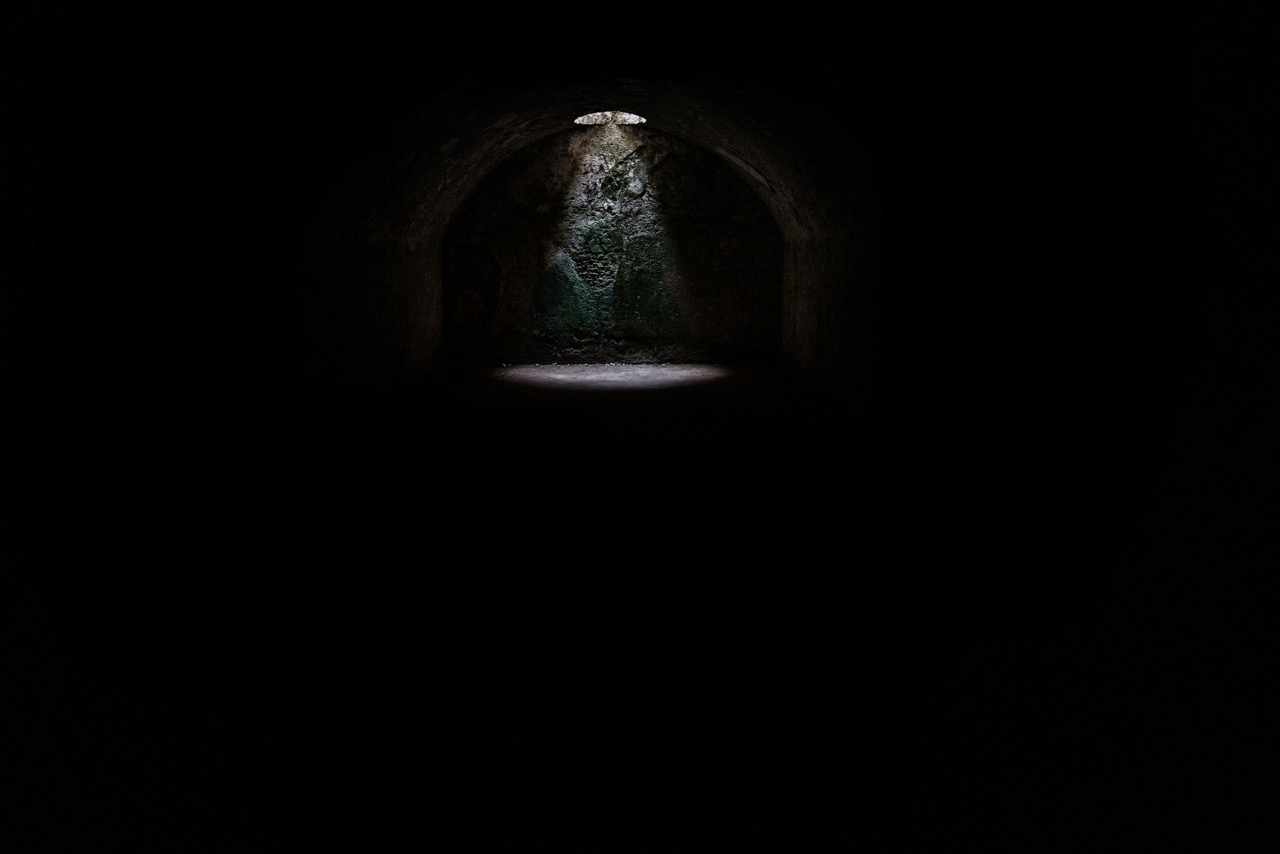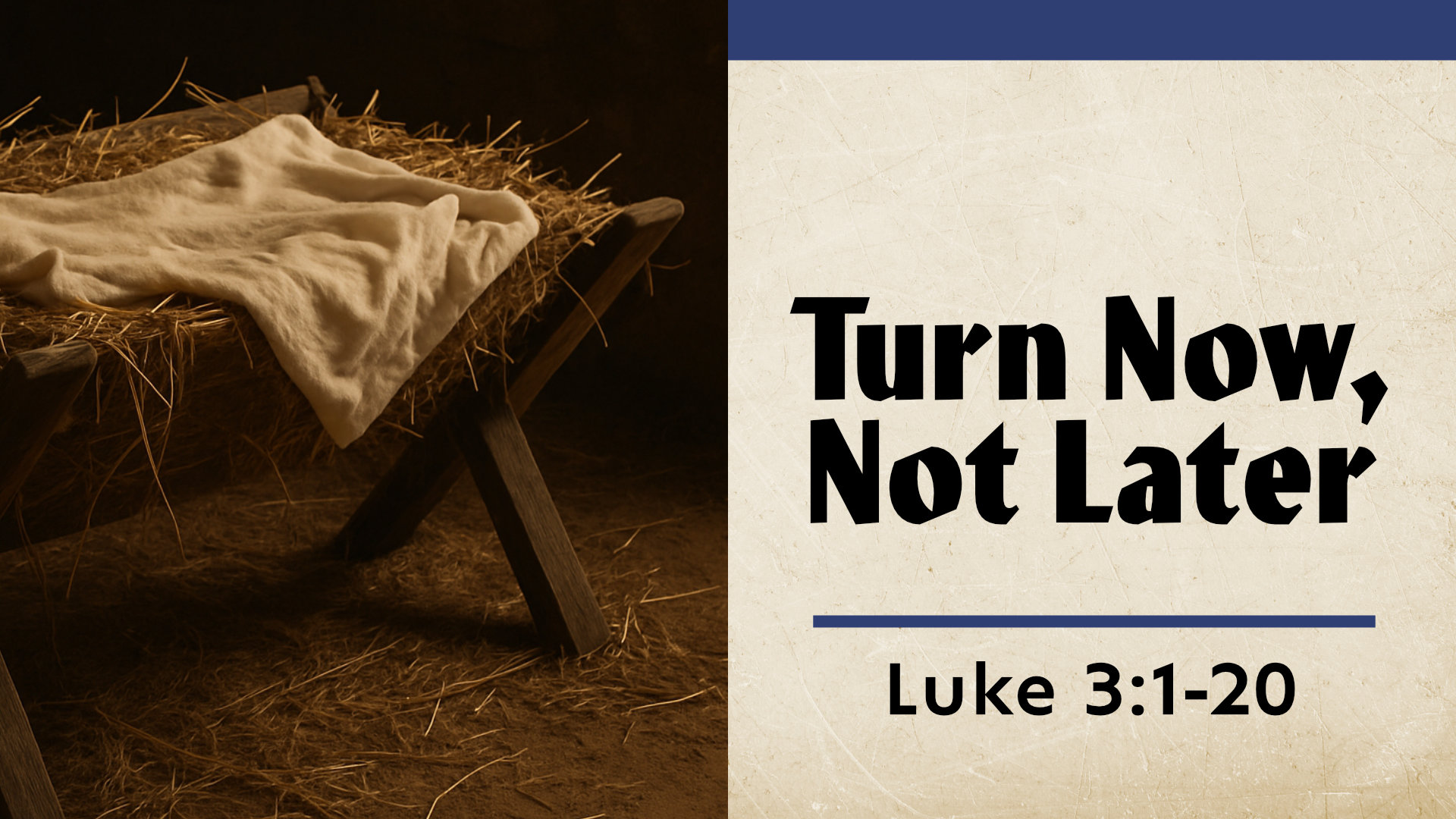Corruption to Christ: How God’s Promise Points to Jesus
Corruption to Christ: How God’s Promise Points to Jesus
Corruption to Christ
Though God created the world and it was very good, it did not take long for us to mess it up. In Genesis 3, sin enters the world, known as the fall of mankind. God tells Adam and Eve that they can eat anything and everything in the garden except the fruit of the knowledge of good and evil. What do they do? They eat the only thing they are told not to eat when tempted by the serpent, who is known to be Satan. In doing so, they show not only disobedience against God, but also a rebellious distrust in what he says and ultimately, who he is. Simply put, Adam and Eve sin against God. When God addresses Adam, Eve, and the serpent, there are consequences for their actions. However, in the midst of corruption, there is a glimpse of hope. When talking to the serpent, Satan, about the consequences of what he did, God says this to him: “I will put enmity between you and the woman, and between your offspring and her offspring; he shall bruise your head, and you shall bruise his heel” (Genesis 3:15, ESV). What a wonderful statement. Though man rebels against God, God gives a promise that a descendant from Eve would crush the head of Satan. That leads us to wonder, who could this descendant be?
If we look ahead in a few chapters, there is a descendant of Adam and Eve known as Noah (Genesis 5:3-28). Noah’s name means, “he will give us rest.” Is this the descendant of the woman who would crush the head of Satan? God sees that there is increasing corruption of mankind so he tells Noah to build an ark, bring his family with him, and bring two of every animal while God is going to flood the earth. After the flood, God makes a covenant with Noah and tells Noah and his sons to be fruitful and multiply. Things seem like they are going well. However, Noah planted a vineyard and drank so much of the wine that he became drunk and was lying uncovered in his tent. In other words, Noah’s drunkenness and nakedness meant a shameful exposure or shameful punishment, in which he was defenseless. It even leads to Noah cursing his grandson, Canaan, because of Ham’s actions while Noah was drunk. Surely this isn’t the descendant of the woman who would crush the head of Satan.
Soon after, comes Abram, a descendant of Adam and Eve, and even a descendant of Noah (Genesis 11:10-26). God calls out Abram in Genesis 12 and says that he will make a great nation out of Abram and that in him, all the families of the earth will be blessed (Genesis 12:1-3). Is this the descendant of the woman who would crush the head of Satan? Not long after, Abram and his wife, Sarai, end up in Egypt. There, Abram tells Sarai to lie and say they are siblings rather than husband and wife so that he would not be killed (Genesis 12:10-20). Abram acts cowardly. A few chapters later, Abram does not yet have a child. So, he listens to what Sarai tells him which means having a child with her servant in order to have a descendant (Genesis 16). In doing so, Abram took matters into his own hands instead of trusting in God’s promises and power. In other words, Abram trusted in his own ability to carry out the covenant rather than God’s ability. Surely this isn’t the descendant of the woman who would crush the head of Satan.
Then comes David, a descendant of Abram, Noah, and Adam and Eve (Genesis 25:19-26; 29:30-35; 46:12; Ruth 4:18-22). David, small in stature, defeats Goliath as he has faith that God would be on his side (1 Samuel 17). He becomes king of Israel and is known as a man after God’s own heart (1 Samuel 13:14, 2 Samuel 5). Is this the descendant of the woman who would crush the head of Satan? Eventually, David’s pride and ego get to him. David has a man killed in battle just because he wants the man’s wife to himself and needs to cover up his adultery. (2 Samuel 11). Surely this isn’t the descendant of the woman who would crush the head of Satan.
Christ-Centered
Though these men had faith in God, they were in no way perfect. In other words, they could not crush the head of Satan. The seed of the woman would need to be someone else. The seed who was to come must be greater than those that went before him. This promise given in Genesis 3:15 is known as the protoevangelium, the first proclamation of the gospel. Why? Because this seed of the woman is none other than Jesus Christ. Jesus, a descendant of Adam and Eve, Noah, Abram, and David, has come (Matthew 1:1-16; Luke 3:23-38).
Salvation-Centered
Jesus crushed the head of Satan, though his heel was bruised in the process. What does this mean? It points directly to Jerusalem, AD 33. Our Savior died on the cross, symbolically bruising his heel, as it seemed as if the enemy had won. However, he rose from the grave, crushing the head of Satan! He has defeated sin and death! What a glorious truth! In the midst of corruption seen in Genesis 3, God promised that there would be hope, one who would come to defeat both the immediate effect of corruption, our rebellious and sinful hearts against God, and the future effect of corruption, where all wrongs will be made right and evil will be wiped away. Paul tells us this, “54 Death is swallowed up in victory. 55 O death, where is your victory? O death, where is your sting?” (1 Corinthians 15:54b-55). Death has been swallowed up in victory because Jesus Christ has crushed the head of Satan.










































